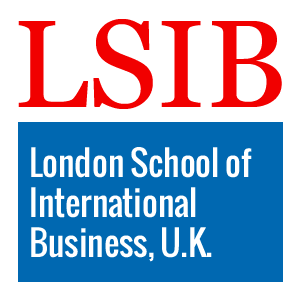Certified Professional in Health Diplomacy Strategy
Published on June 23, 2025
About this Podcast
HOST: Welcome to our podcast, today we're joined by an expert in global health diplomacy. Can you tell us a bit about your experiences and what led you to this field? GUEST: Absolutely, I've spent over two decades working in public health, often at the intersection of healthcare and international relations. It's a fascinating area that combines my passions for medicine and diplomacy. HOST: That's fascinating! Now, let's talk about this new course you're involved with - 'Certified Professional in Health Diplomacy Strategy'. Could you explain its main focus? GUEST: Of course. The course emphasizes strategic communication, collaborative partnerships, and policy advocacy. These skills are crucial for healthcare leaders, policymakers, and advocates who want to make a difference on a global scale. HOST: Interesting. And how does diplomacy play into achieving health equity? GUEST: Diplomacy is key because it helps us navigate complex global health challenges. By understanding cultural nuances, building alliances, and negotiating effectively, we can create policies that promote better health outcomes for all. HOST: That makes sense. Given your experience, what current trends do you see in this field? GUEST: There's growing recognition of the importance of health diplomacy, especially as we face pandemics and other transnational health issues. There's also a shift towards more collaborative approaches, where diverse stakeholders work together towards common goals. HOST: Yes, collaboration seems vital. But I imagine there must be challenges in teaching and learning such a complex subject. What would you say they are? GUEST: One challenge is translating theoretical concepts into practical applications. We address this in our course by using real-world case studies and simulations. Another challenge is keeping up with the rapidly changing landscape of global health politics. HOST: Those sound like important considerations. Finally, where do you see the future of health diplomacy heading? GUEST: I believe we'll continue to see increased emphasis on international cooperation and shared responsibility. As our world becomes more interconnected, the need for health diplomacy becomes even more critical. HOST: Thank you so much for sharing your insights today. It's clear that the 'Certified Professional in Health Diplomacy Strategy' course offers valuable insights and skills for anyone interested in improving global health.
